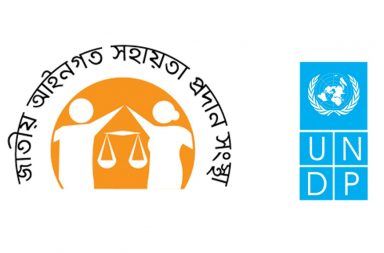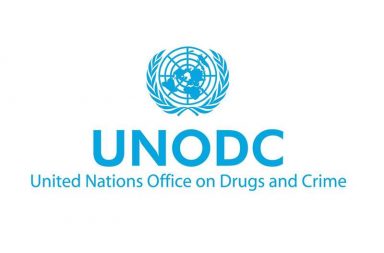By Raihan Rahman Rafid & Asadullahil Galib
Bangladesh Legal Aid and Services Trust (BLAST), as a part of their ongoing Law in Practice seminar series, held a seminar on “The Rise of Constitutional Torts in South Asia”. The event took place on 13 March 2019 at the BILIA Auditorium at Dhaka.
The keynote paper titled “Ordinary Wrongs as Constitutional Rights: The Public Law Model of Torts in South Asia” was presented by Mr. Rehan Abeyratne, Assistant Professor of Law, Chinese University of Hong Kong. He identified the ways of existing remedies for ordinary wrongs as constitutional rights in South Asia. The first way is the awarding of compensation under the relevant constitutional provisions. Similar to Article 102 of Bangladesh Constitution, Articles 32 and 226 of the Constitution of India provides the Supreme Court and the High Court respectively with the authority to enforce fundamental rights, Article 126 of the Sri Lankan Constitution confers power upon the Supreme Court to grant relief in respect of infringement of fundamental rights. The second way is the conversion of private claims into public claims which is evidenced in India and widely in Sri Lanka. He then discussed on ‘sovereign immunity’ and ‘absolute liability’. He mentioned Rudul Sah vs. the State of Bihar, a case where the Supreme Court of India awarded compensation in a writ petition for illegal detention. He shed light on some Sri Lankan cases where constitutionalization of private claims has been done successfully. However, such a process involves procedural, normative and institutional costs, he added.
While commenting on the keynote, Dr. Ridwanul Hoque, Professor of Law, University of Dhaka delineated the jurisprudential, and institutional scopes of the work. He addressed three questions from the presentation i.e. whether public law is expanding, are we being strengthened in the protection of the fundamental rights and are we strengthening some courts over others or not. He mentioned about the two types of torts existing in our judiciary. One is the constitutional tort and another is purely private wrongs, dressed as a public law tort. He also addressed the growing trend of several compensation cases from the year 2018.
Mr. Taqbir Huda, a researcher from BILIA discussed on the violation of fundamental rights and the development of constitutional torts in Bangladesh through a number of case-laws.
In his comment, Dr. Naim Ahmed remarked that the shelter of litigation (i.e. PIL) is sought in most of the cases when there is no other scope for relief remaining. However, while entertaining the case, the judges oftentimes forget the principles of judicial restraint, constitutionalism, and separation of power, he added. He also thinks that our civil courts have turned so weak that our judges have lost their confidence. On the debatable trend of the compensation, he explained that “We are not blaming anyone rather trying to understand the cause behind it.”
Justice Nizamul Haque Nasim was present as the chief guest in the event. He opined that “the norm of interim compensation awarding should be stopped. Relief should be given only at the end of the hearing of the trial.”



